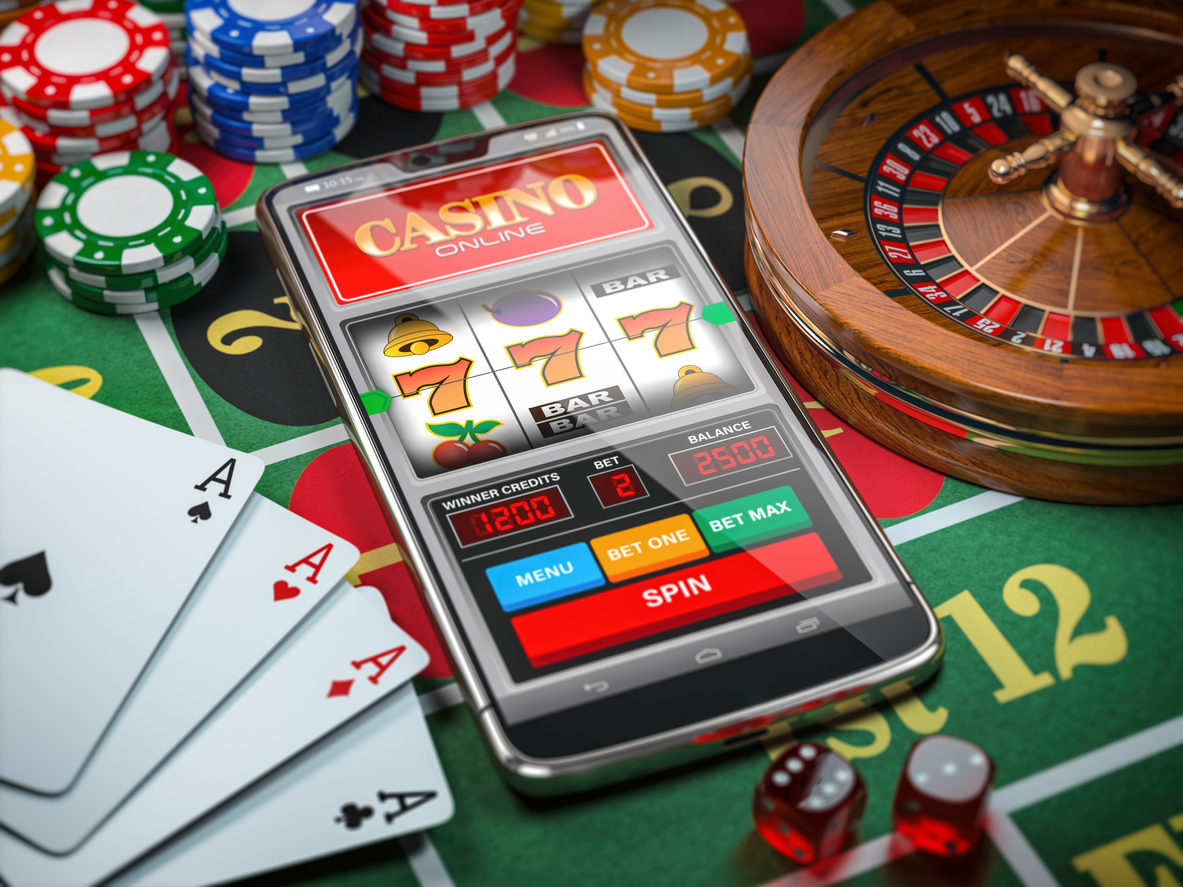
Casino entertainment have long been a fascinating entertainment option, drawing numerous of players from diverse cultures around the globe. From the lively casinos of the Strip to the thriving gambling halls of the Chinese gambling capital, these games serve as a link that connects people across various backgrounds. The allure of fortune, tactics, and risk entices not only those looking to gamble for profit but also those seeking a shared experience.
The cultural impact of casino games extends far beyond the gaming floor. They often reflect the social norms and principles of the societies in which they flourish. Games such as poker, blackjack, and roulette have woven themselves into the mosaic of popular culture, influencing multiple fields from movies to fashion. As we explore this intriguing intersection of luck and society, we can comprehend better how gambling games shape and are shaped by the environment surrounding us.
Historical Progression of Gaming Games
The roots of casino activities can be tracked back to historical cultures, where betting in various forms was extensively performed. In China, around 2300 B.C., a variant of lottery known as Keno was well-known, while in old Rome, soldiers would frequently bet on the results of their games. The notion of using luck for entertainment and gain evolved over the years, leading to the creation of more formal games. By the final Middle Ages, betting houses began to appear in Europe, particularly in the Italian peninsula, which introduced early versions of well-liked games still played today.
As gambling increased fame in European regions, the 17th and 18th centuries saw the emergence of casinos as dedicated venues for gaming. The initial official gaming venue, the Ridotto, was set up in Venice in sixteen thirty-eight, offering activities like Baccarat and Faro. This era marked a major pivoting point, as gaming venues commenced to attract not just the elite but also the expanding middle class. The refinement of activities evolved, leading to the introduction of new guidelines and variations that enriched the experience of players.
In the 19th century, the industrial revolution and transformations in societal conventions also changed the landscape of gambling activities. The introduction of roulette and contemporary gaming machines drew a larger clientele, and gaming houses became seen as legitimate entertainment. This period witnessed the globalization of gaming, as casinos spread from the continent to the New World, culminating in the creation of the iconic Las Vegas Boulevard in the 1900s. The progress of casino games has progressed into the current era, including technology and digital services, making them accessible to a worldwide market.
### Cultural Importance in Various Communities
Casino activities have deep-rooted cultural value across many communities across the world. Places like Las Vegas, the very essence of the city is woven around gaming venues, where gaming is not just a hobby but a key aspect of leisure and community life. The vivid lights and lively atmosphere attract a vast audience, showcasing how gambling activities can shape local economical structures and local cultures. This environment transforms the notion of leisure into an enriching event that affects fashion, melodies, and even movies.
On the other hand, some cultures treat gambling with greater care, viewing it through the lens of ethical beliefs and tradition. For example, in various Asian cultures, games like Mahjong and Pai Gow Gambling are steeped in history and possess significant social implications. These games are often played during get-togethers and celebrations, fostering community bonds and reinforcing family ties. The act of participating in these games goes beyond mere amusement, reflecting values such as honoring elders and the value of shared enjoyment.
Simultaneously, in European countries such as Monte Carlo and Italy, games of chance serve as symbols of luxury and sophistication. serbu4d The refined atmosphere of these locations attracts both travelers and native inhabitants, reinforcing a sense of prestige and rarity. The art of the game of poker and the tactical components of games like baccarat are celebrated, molding community relationships and establishing an appeal that captivates a diverse audience. This emphasizes how games of chance can simultaneously echo and influence cultural perspectives towards danger, gain, and community interaction.
Economic Impact and Travel Industry
Casino games play a important role in the economic landscape of many regions, particularly those that depend significantly on visitor traffic. The revenue produced from gambling establishments fuels local financial systems, creating employment opportunities not only within the casinos but also but also in connected industries such as hotel management, dining, and entertainment. This influx of tourists, drawn by the allure of gambling and the overall casino experience, stimulates spending across multiple local enterprises, contributing to the economic health of the region.
The existence of casinos often leads to the development of facilities, including hotels, public transit, and leisure amenities. These improvements are essential in improving the overall visitor satisfaction, making locations more attractive to tourists. Additionally, many casinos contribute in local communities through sponsorship of activities and philanthropic activities, further embedding themselves into the social fabric of the region. Such contribution not only supports economic growth but also cultivates a positive image of the gambling sector.
In addition, the global popularity of casino games drives competitive tourism, with regions vying to attract players from around the world. Iconic destinations like Las Vegas and Macau have become synonymous with gambling culture, drawing millions annually. This advantage encourages innovation and diversification within the gambling sector, influencing trends in leisure and hospitality that extend beyond their borders. The ripple effects of this visitor influx extend wide, impacting local financial health and cultural exchanges on a global scale.